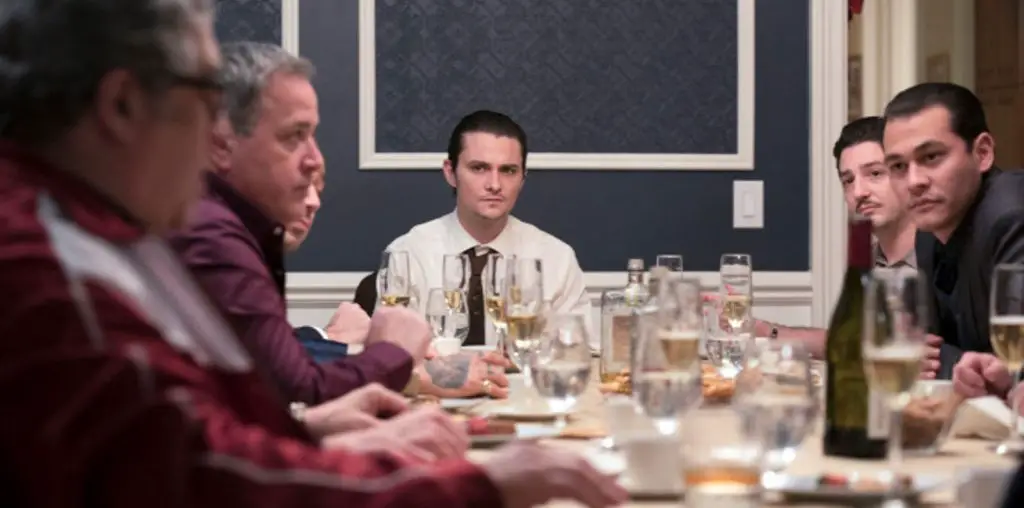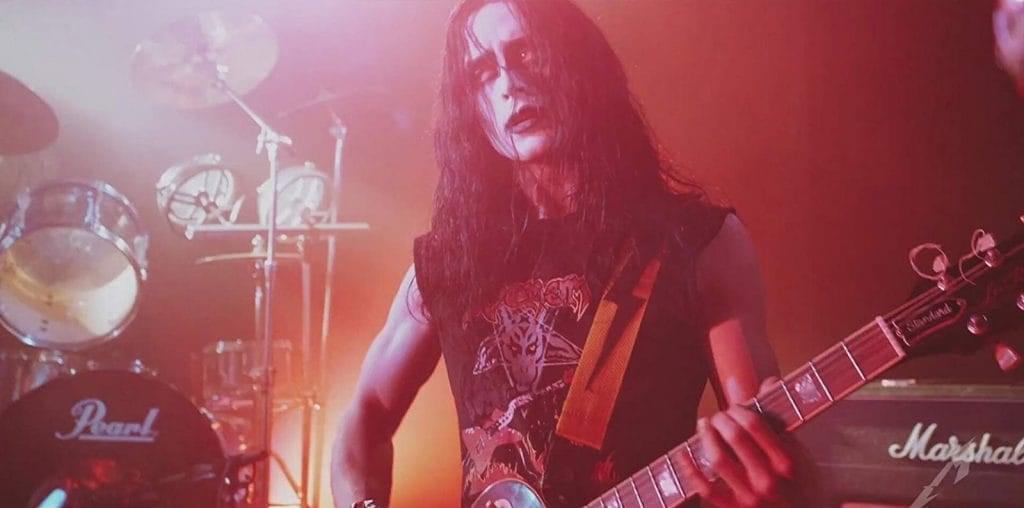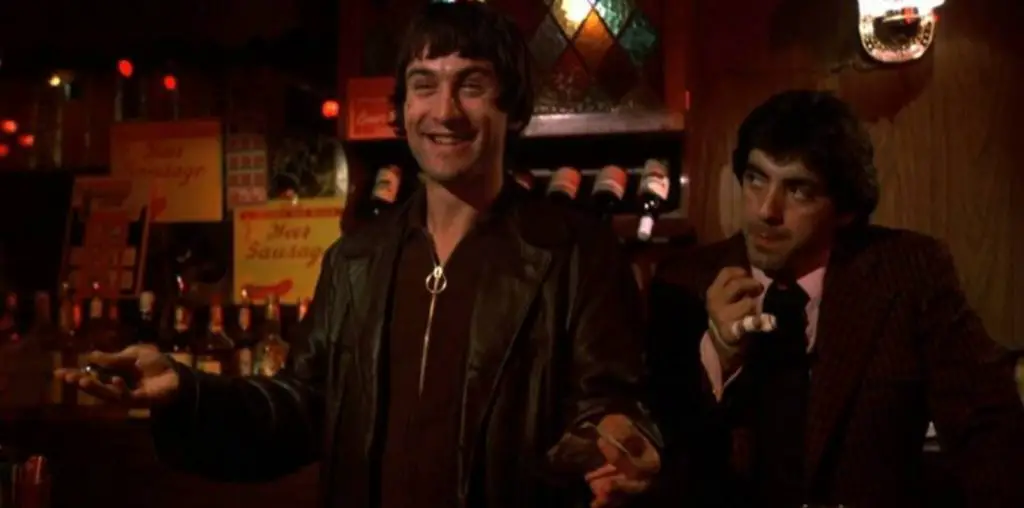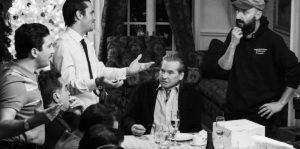
I think it takes the same amount of dedication, for sure. So, it’s really important for up-and-coming independent filmmakers to know that you don’t need to go to film school to become a filmmaker. I know you didn’t take that path, so I want to know what your “real-life film school” was. How did you come to the point where you were confident enough to make a feature?
I think making music, touring around the world, playing some shows to 25,000 people, and being in charge of the tracks and the technicalities. Basically, I think I’ve been desensitized to the pressure. So it’s easier to take on some of the overwhelming things you have to face. Because I’ve been in situations where the stakes were high, and there was money at risk. So I think I learned that part through the music business.
As far as film school goes, look, you don’t have to go to film school. Not there’s nothing wrong with film school. I think it’s great. Everyone learns in different ways. I always did really badly in school. I think I just learn differently. If I wanted to do something specific in the film world, live visual effects, stunts, or production design, maybe learning how to do it the way that the system does it can’t hurt. You go out there sometimes, and you go punk rock with it. You do what you gotta do. I don’t think there’s any harm in learning that stuff, though.
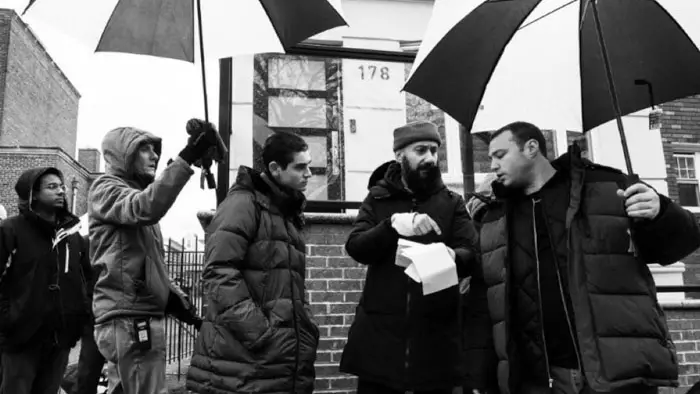
“We didn’t go in there with some Hollywood bullshit.”
I think it’s important for people to know that you don’t have to climb this ivory tower to get your idea out there.
So, you don’t have to do that. A lot of people can’t do that because it’s expensive. It’s time-consuming. People have other responsibilities. If you have that drive in you, know what your strengths are. More importantly, know what your weaknesses are. Then find people who can fill in those weaknesses for you. For example, there are department heads.
Let’s say you’re not even a writer. You just have an idea. You try to write it, but you can’t. But your friend is a good writer — get him to write the story. Now you need to shoot it, but you don’t know how to use the camera that well. So you know a kid who’s really good with cameras. Then you want to stage the film in a house, but the house has to look the right way, and you know someone really good at production design. You build your team. You fill your weaknesses with people who are great in their respective fields.
I think what school offers are connections. If you don’t have access to that, like I didn’t, you meet those people every single day. You meet them at concerts, libraries, bars, etc. You just talk to people and express to them what you’re trying to do. They will start coming to you, slowly. Ideas, imagination, and a gang, you can probably make a better movie than someone who spent 10 million dollars.
Now, let’s transition to discuss your debut film, The Birthday Cake. The overall story is awesome, especially the ending. How did the script come together, and how much time would you say it took? Because there were three of you writing it, right?
I had written the original script years before, maybe in 2015. I was learning how to write. Because I would write ideas down all the time. Then I wondered how you actually wrote a script, so I started looking online for different scripts. I don’t even know what I looked at… screenplays from the 1950s, ’60s, ’70s, and ’80s, just to see the format. Then I said, “Okay, I understand INT., EXT., ACTION, etc.”
Then I started writing what would become The Birthday Cake. When I’d get to the end of it, I just wrote 20 questions. “What if this happened? What if this happens after that?” I got the story all the way up to there, to 60-70 pages, and I didn’t end it. I just wrote a bunch of questions because I wasn’t sure which way I wanted to go. Then I went to the next script, and I did the same thing for that. So fast-forward a few years later, I met Raul Bermudez, the producer. He originally came to me because he saw a short I did with Shiloh Fernandez. He liked it, and he wanted me to do the score on this other film he was doing.
He asked me if I had written anything. So I said, “Yeah, I wrote something that Shiloh and I have been talking about for a little while. That’s probably the appropriate one to send you since you know Shiloh also.” I sent it to Raul, and he called me back. He said, “I really like this, and I think we should work on it.” Again, as I said, he has strengths that I don’t have and vice-versa. So together, we started building a team. Raul is the producer, but he’s also a writer and a creative type. Myself, Raul, and Shiloh all got together and watered the script and let it blossom together. It was really fun.
